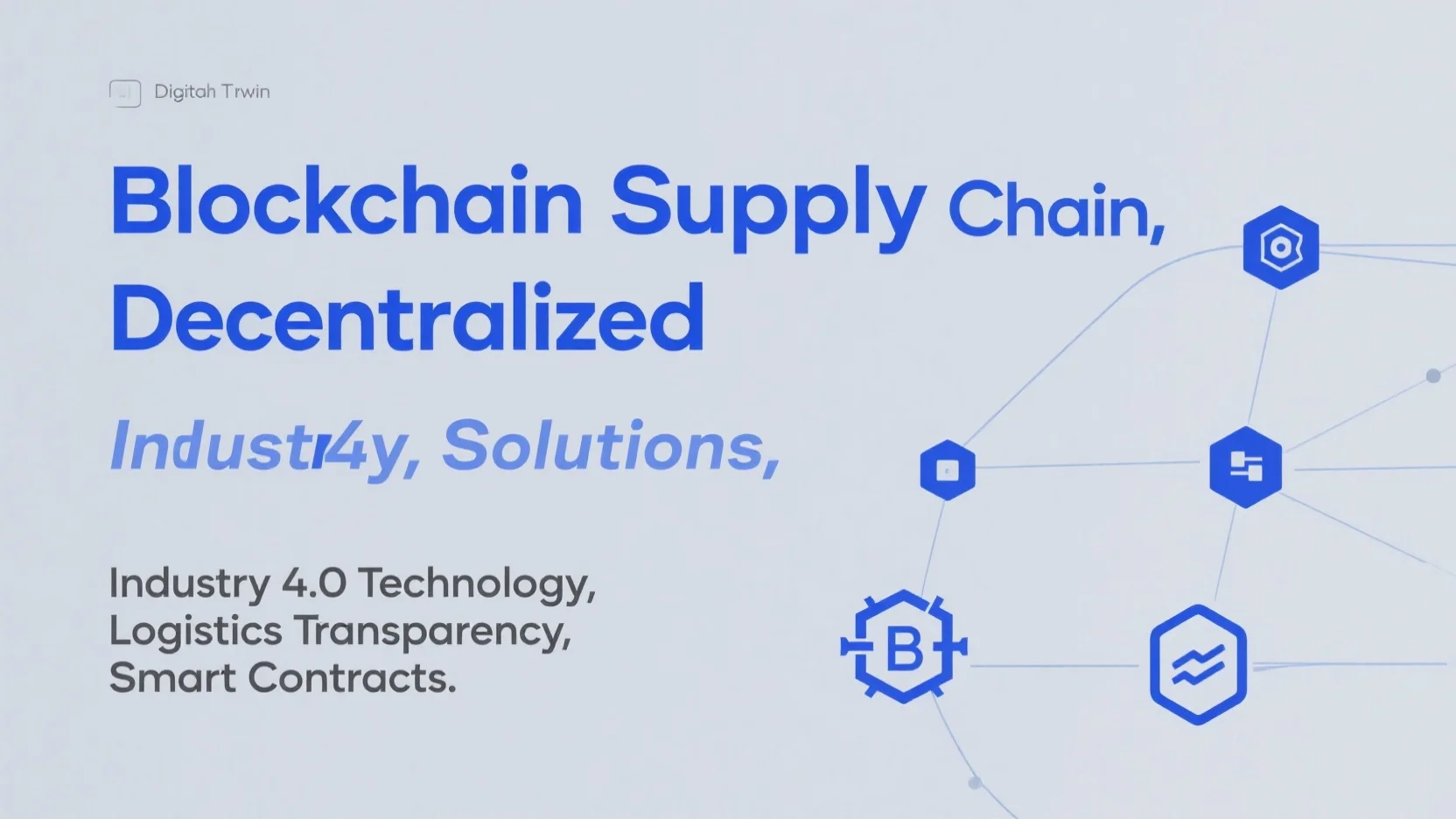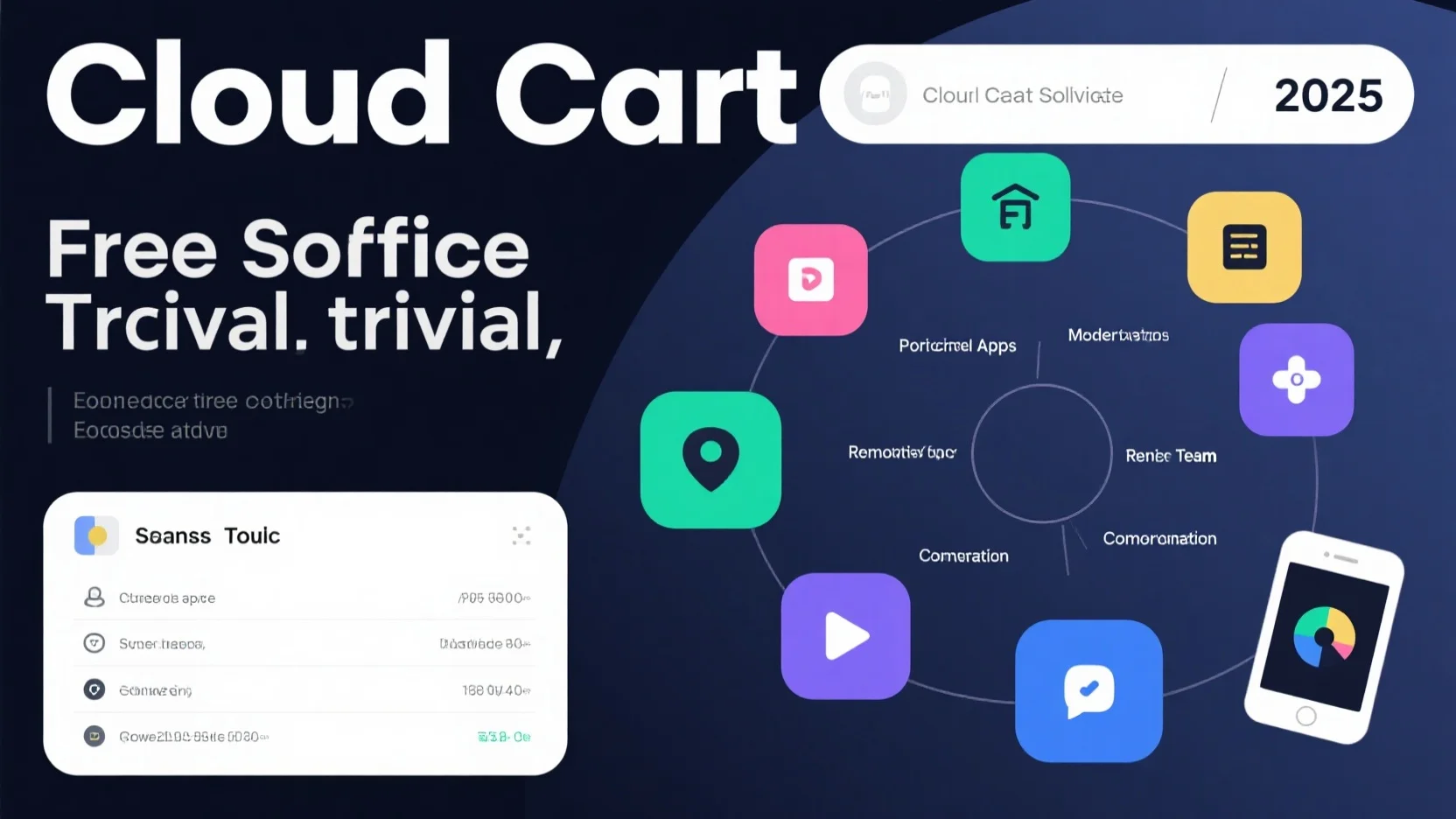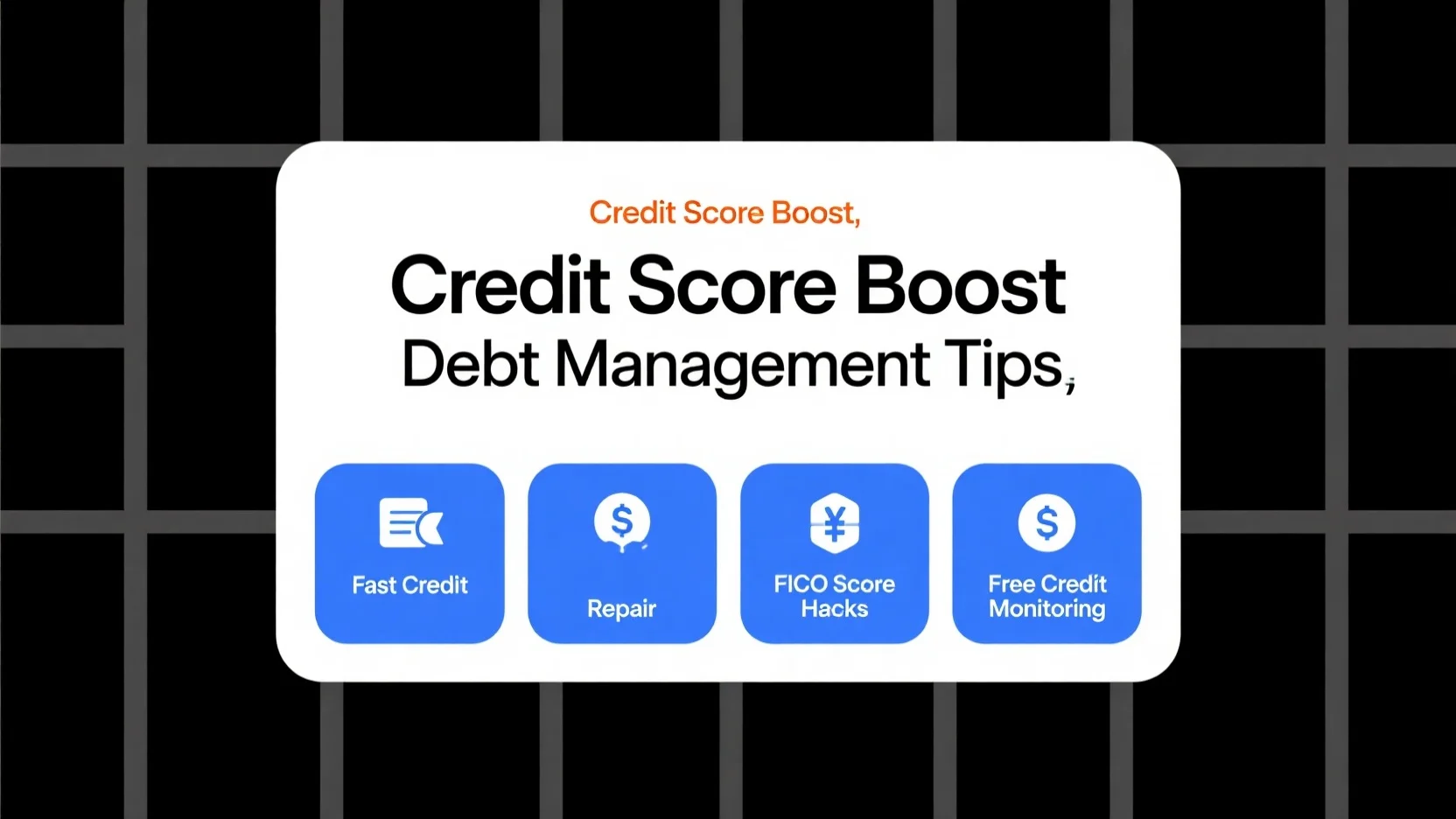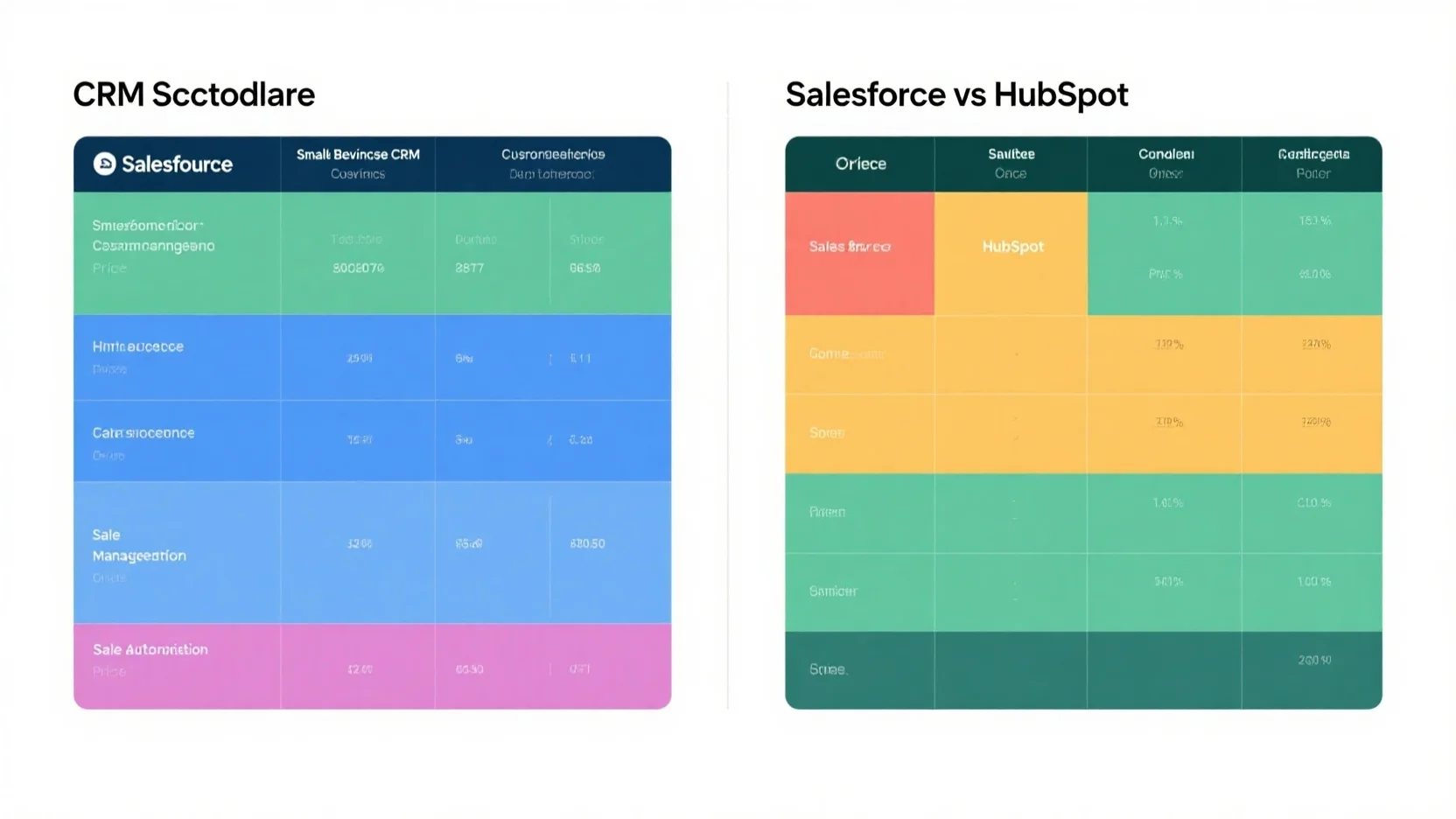Image Source: pexels
I’ve seen how the Best CRM Software for Small Businesses: Salesforce vs 2025 HubSpot can help small businesses grow. It’s not only for keeping contacts; it builds connections. It also makes work easier and helps businesses expand. But many small businesses find it hard to pick one. They struggle to find a CRM that works for them. They also need it to work with their current tools. Keeping data clean and correct is another problem. So, which CRM is better for small businesses: Salesforce or 2025 HubSpot? Let’s find out.
Key Takeaways
- HubSpot works well for small businesses. It has a simple design and a free plan, so beginners can easily use CRM tools.
- Salesforce has more advanced tools and can be customized. It fits bigger businesses with harder needs but may be tough for small teams to learn and pay for.
- Think about your business size and goals before picking a CRM. HubSpot is best for teams focused on marketing. Salesforce is better for businesses wanting fast growth.
Overview of Salesforce and HubSpot
Salesforce Overview
Salesforce is a strong tool for growing businesses. It works best for medium and large companies. It offers tools for sales, customer service, and reports. In 2025, Salesforce leads with 21.8% of the CRM market. Its main strength is handling tough business needs. Small businesses wanting to grow fast can rely on Salesforce.
HubSpot Overview
HubSpot is great for smaller businesses starting with CRM tools. It focuses on marketing, creating content, and finding new customers. HubSpot is simpler and easier to use than Salesforce. While it has a smaller market share, it helps small teams with easy-to-use tools. This makes it perfect for beginners.
Key Strengths of Each Platform
Here’s a quick look at what each platform does best:
| Platform | Best For | Main Features |
|---|---|---|
| HubSpot | Small and medium businesses (SMBs) | Easy CRM, marketing, and user-friendly tools |
| Salesforce | Big companies with complex needs | Customizable CRM with many advanced features |
Both are great in different ways. Salesforce is good for big goals and custom options. HubSpot is better for simple tools and marketing help. Your choice depends on your business size and needs.
Features Comparison
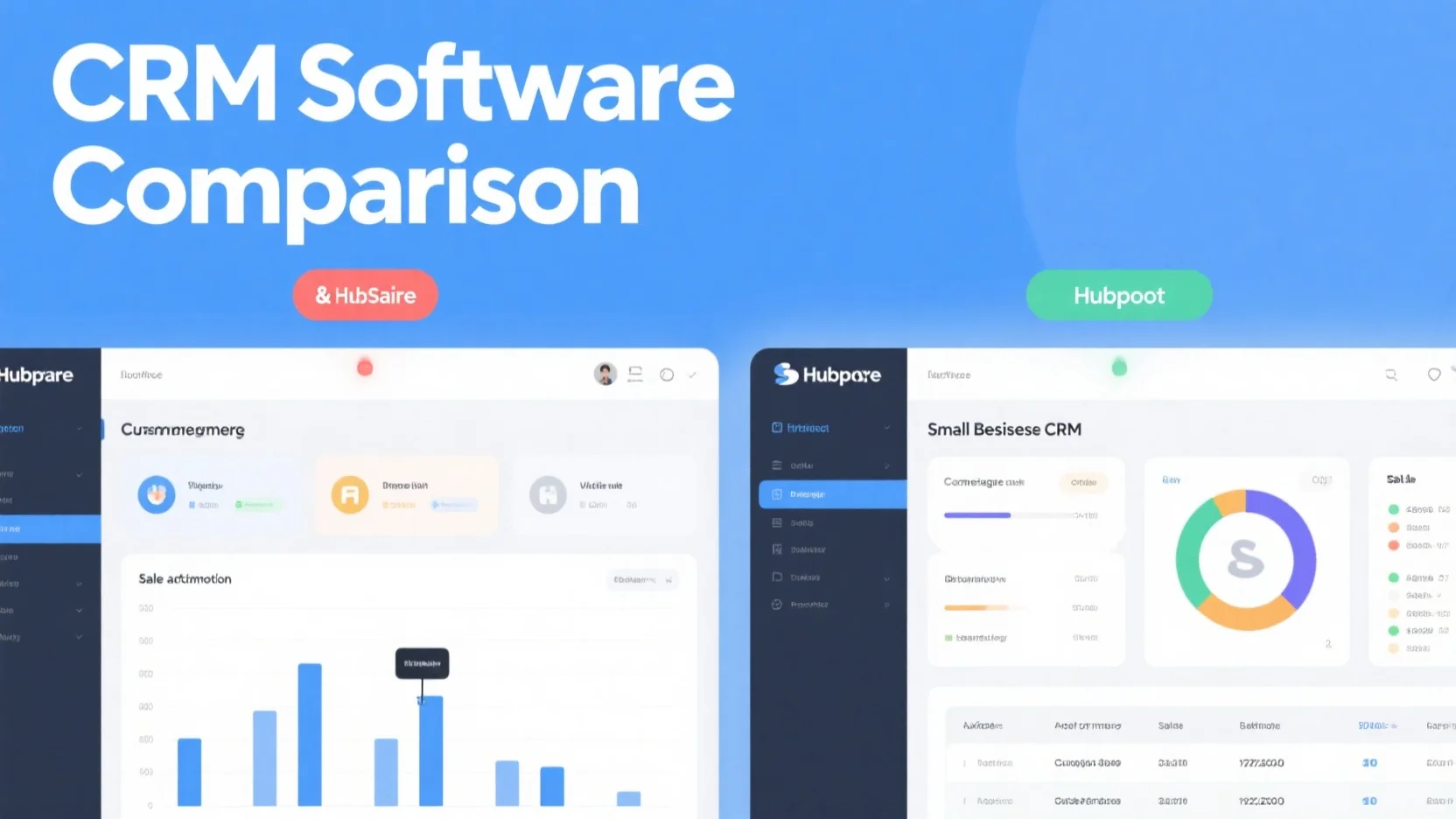
Image Source: unsplash
Contact Management
Both Salesforce and HubSpot are great at managing contacts. Salesforce Essentials has an easy-to-use design with custom dashboards. It helps organize data and sync customer details quickly. This makes it easier for small businesses to know their customers and connect better. HubSpot keeps things simple. Its tools are easy to use and great for small teams. HubSpot’s clear layout helps track leads and manage customer chats without confusion.
Sales Automation
Salesforce makes automation very advanced. It lets businesses set up custom workflows and automate tasks like reminders. This saves time and ensures no chances are missed. HubSpot also has automation but keeps it simple. It works well for small businesses needing basic tools. HubSpot’s automation helps follow up with leads and close sales easily, even for small teams.
Marketing Tools
Marketing is where HubSpot really shines. Its tools are easy to use and cover everything for inbound marketing. From managing ads to AI writing help, HubSpot supports small businesses in attracting customers. As one expert said,
"HubSpot’s marketing tools are easier and better for inbound marketing than Salesforce’s."
Salesforce also has marketing tools, but they are sold separately. This can make them costlier and harder for small businesses to handle.
Reporting and Analytics
Both platforms are strong in reporting but serve different needs. Salesforce uses AI to give detailed customer insights. It helps businesses improve plans using deep data. HubSpot, however, keeps it simple. Its tools are easy for tracking things like email and website stats. HubSpot’s reports are great for small businesses wanting clear and useful insights without too much data.
Pricing Models
Salesforce Pricing
Salesforce has different prices for various business needs. Small businesses can start with the Lowest Tier at $25 per user each month. This plan includes basic tools like managing contacts and tracking tasks. For bigger needs, the Enterprise Tier costs $165 per user monthly. It offers advanced tools like automating tasks and customizing features. While Salesforce is powerful, its higher plans might be too much for small teams starting out.
HubSpot Pricing
HubSpot is great for small businesses with its free plan. The free tier has basic tools like contact and email tracking. If you need more, the Starter Plan starts at $20 per month. This is cheaper than Salesforce’s starting price. HubSpot also has higher plans, like the Professional Plan at $100 monthly and the Enterprise Plan at $150 per user each month. These options let small businesses grow without spending too much. Many startups use this to save money while planning for the future.
Best Value for Small Businesses
For value, HubSpot is often better for small businesses. Its free plan is a good start, and the Starter Plan is affordable for growing needs. Salesforce doesn’t have a free plan and costs more to begin with. But its advanced tools and custom options are worth it for fast-growing businesses. Don’t forget hidden costs like training and support.
| Hidden Costs | What It Covers |
|---|---|
| Ongoing Support | Help with fixing issues or improving how things work. |
| Software Upgrades | Paying for updates to keep the system working smoothly. |
| Training | Costs for teaching the team how to use the system. |
In the end, your choice depends on your goals. HubSpot is simple and cheap, great for small teams. Salesforce has strong tools for businesses wanting to grow fast. Both have good points, so pick what fits your needs best.
Ease of Use
User Experience
When using a platform, how it feels matters a lot. HubSpot is simple and easy to understand. It’s like entering a tidy room where everything is clear. Small businesses benefit from this simplicity. Tasks like creating emails or tracking leads are easy. Even beginners can follow HubSpot’s step-by-step guides. It has tutorials, templates, and tips that make learning fun.
Salesforce feels more like a big, powerful tool. It has many features, but it can be confusing at first. While it allows customization, it takes time to learn. Small businesses may need extra time to fully use its tools.
Tip: If you’re new to CRM, HubSpot can save you time and effort.
Learning Curve
Learning a CRM can feel hard at first. HubSpot makes it easier with its beginner-friendly design. Its tutorials and templates help small businesses start quickly. These tools make learning less scary for new users.
Salesforce takes more time to learn. Its advanced tools come with a harder learning process. It offers support, but it feels less personal than HubSpot.
- Salesforce uses a structured way to offer help.
- HubSpot gives a more personal and friendly experience.
- Choose based on whether you prefer structure or personal help.
For small businesses, HubSpot’s simple design and helpful resources are better. It’s like having a kind guide to help you grow your business.
Scalability and Integration
Scalability for Growth
Scalability means a CRM should grow with your business. It must handle more data, users, and tasks as you expand. This is important for small businesses wanting to grow bigger. Automation helps a lot here. Did you know 64% of small business owners say automation is key? It saves time and keeps things running smoothly as teams grow.
Flexibility is also important. A good CRM lets you add features when needed. This helps your system match your business goals. Mobile access is another big help. It allows your team to work from anywhere, making things easier and faster.
But there are challenges too. With Salesforce, small businesses may struggle with managing data or getting users to adapt. HubSpot users might find it hard to keep growing teams aligned. These issues show that picking the right CRM isn’t just about features. It’s about how well it fits your growth plans.
Tip: Choose a CRM that grows with your business, not against it.
Integration with Other Tools
Integration makes a CRM even more useful. Connecting it with other tools can improve how your business works. Salesforce is great at this. Its AppExchange has thousands of apps to choose from. This lets businesses customize their CRM to meet their needs.
HubSpot has fewer integrations than Salesforce, but it’s simpler to use. Its tools work well together, which is helpful for small businesses. This simplicity avoids data problems and makes connecting tools easier.
Good integrations save time and make work smoother. For example, syncing with email tools or accounting software can boost productivity.
Note: Salesforce is best for complex needs, while HubSpot is better for simple and easy use.
AI Tools and Innovations in 2025
AI Features in Salesforce
In 2025, Salesforce improved its AI tools a lot. Their new Code Builder helps developers with smart coding tips. It’s like having a helper for writing better code. The Salesforce Code Analyzer checks code for safety and quality. ApexGuru uses AI to make Apex code faster and better. For businesses, the Agentforce suite is very helpful. It uses AI to handle tasks like helping customers and running ads. These tools make Salesforce great for advanced technology.
AI Features in HubSpot
HubSpot focuses on helping small businesses with simple AI tools. Its platform uses AI to improve marketing and sales tasks. It can run campaigns automatically, saving time and effort. Many users say they get more leads and close more deals with HubSpot. In 2025, HubSpot added updates to make automation and reporting even better. These changes help small teams work faster and understand their business better.
AI Benefits for Small Businesses
AI changes how small businesses work. It helps divide customers into groups and predict sales trends. AI chatbots give quick help anytime, making customers happy. Predictive tools show what people might buy next. Real-time data helps businesses connect with customers in a personal way. These tools save time and help small businesses grow. AI makes it easier to compete with bigger companies and build strong customer bonds.
Pros and Cons of Each Platform
Salesforce Pros and Cons
Salesforce has amazing tools for growing businesses. It works well for companies with big goals. Its ability to grow and connect with other tools is impressive. But small businesses often find it hard to use and expensive. Here’s a simple look at Salesforce’s good and bad points:
| Pros | Cons |
|---|---|
| Grows with Your Business | Hard to Learn |
| Connects with Many Tools | High Costs |
| Strong Features | Mobile App Could Be Better |
| Saves Time with Automation | Limited Data Storage |
| Smart Analytics | Needs Internet to Work |
| Easy Tool Connections | Hard to Customize |
| Problems Connecting Some Tools |
Salesforce is great for saving time and making smart choices. Its automation and analytics are very helpful. But learning to use it and paying for it can be tough for small teams. Think about these points before choosing Salesforce.
HubSpot Pros and Cons
HubSpot is simple and great for small businesses. Its easy design and all-in-one tools make starting easy. Many small teams do well with HubSpot’s marketing features. But it does have some downsides.
-
Pros:
- Combines tools to make marketing easier.
- Simple design is easy to use.
- Great marketing tools help reach more customers.
- Service Hub boosts online store strategies.
-
Cons:
- Costs can add up fast.
- Yearly contracts don’t allow much flexibility.
- Limited if not used as a full system.
- May not work well for complex customer service needs.
HubSpot’s free plan and simple setup are perfect for small teams. It’s easy to start using right away. But businesses with bigger or more complicated needs might find it lacking.
Picking between Salesforce and HubSpot depends on your business needs. Salesforce has advanced tools and grows with big companies. HubSpot is simple, cheaper, and great for small teams doing marketing.
Think about your team size and future plans. List what you need and check features like cost, ease, and connections. Both are good but work best for different goals. The best CRM software for small businesses: Salesforce vs 2025 HubSpot, depends on what matches your goals.
Tip: Try a free demo to find the right fit.
FAQ
What CRM is best for a new small business?
HubSpot is a great choice. Its free plan has basic tools like contact and email management. It’s easy to use and ideal for beginners.
Tip: Begin with simple tools and upgrade as your business grows.
Can Salesforce work for a small team with a tight budget?
It can, but there are challenges. Salesforce Essentials is affordable and offers useful tools. However, it takes time to learn and has extra costs that may be hard for small budgets.
How should I choose between Salesforce and HubSpot?
Think about your goals. HubSpot is better for small teams focused on marketing. Salesforce is great for businesses aiming to grow quickly. Try both to see which works best for you.
Note: Always think about growth and tool compatibility when picking a CRM.

